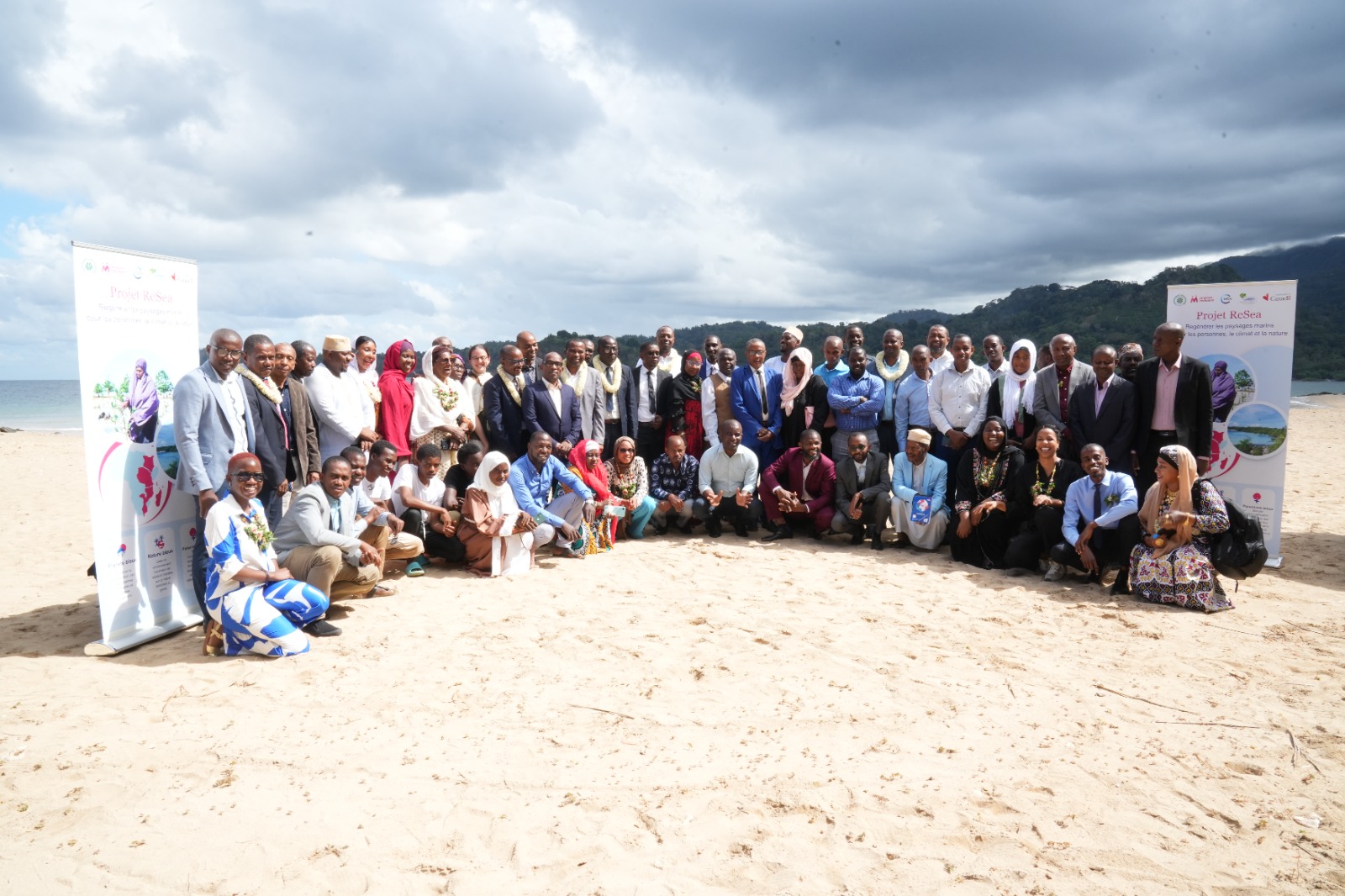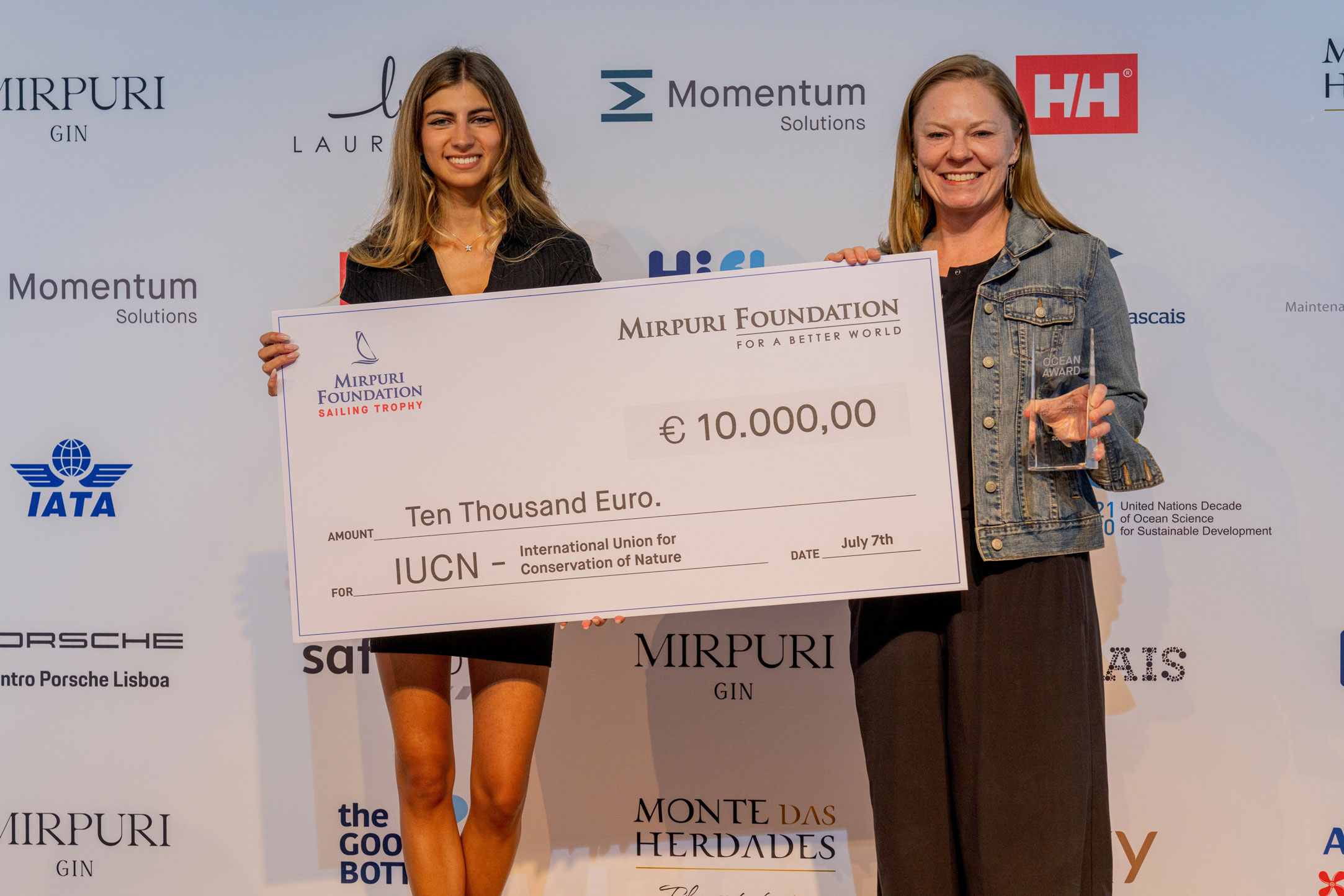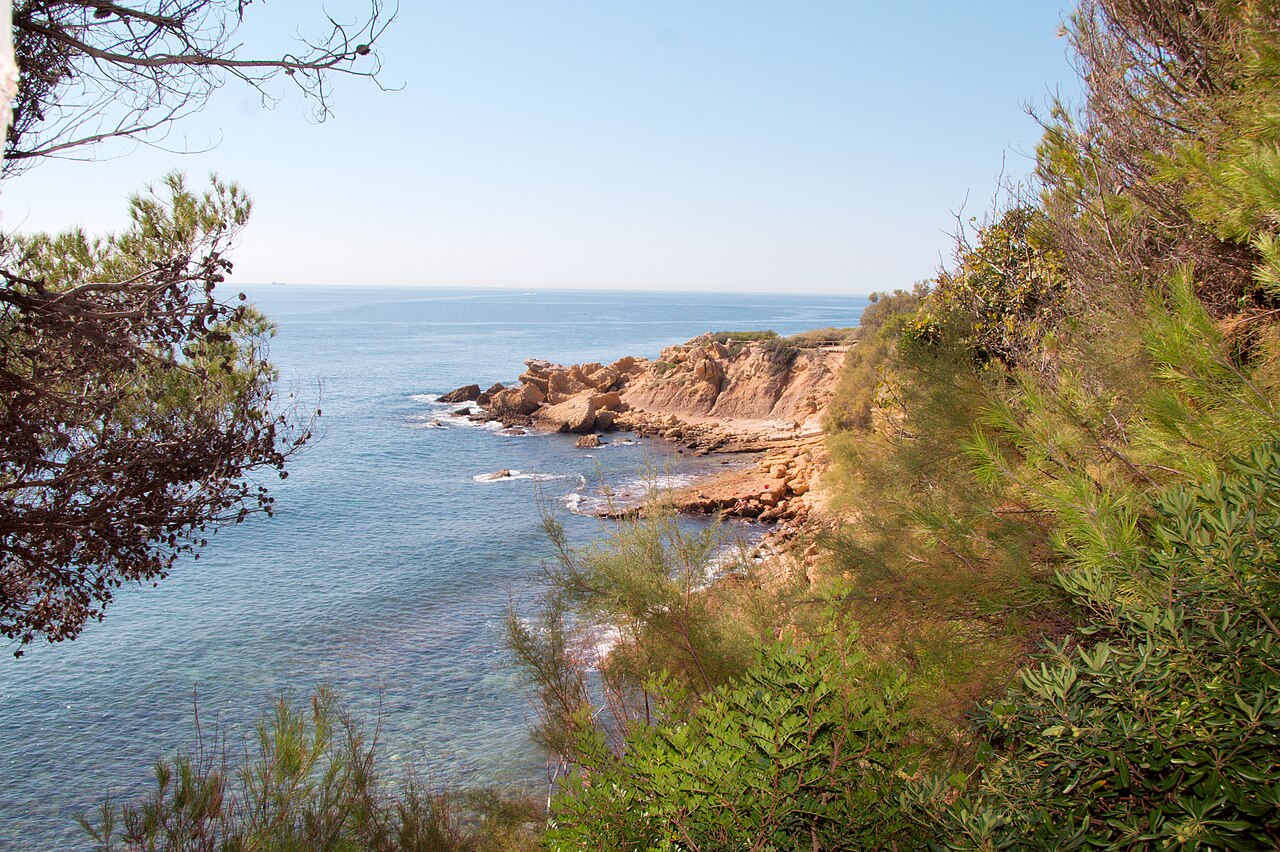Small-scale fishers' Call to Action
CEESP News: Vivienne Solis Rivera, biologist, honorary member of the ICCA Consortium, part of the Board of Directors of ICSF, and CEESP member
A healthy ocean is contingent upon respect for the rights of small scale fishers and Indigenous communities that rely on the ocean for life and sustenance. During the II World UN Ocean Congress in Lisbon, these groups presented a Call to Action that requested that these communities, and their rights and resources, be secured and restored.
Indigenous Peoples and Local Community (IPLC) small-scale fishers are caretakers of biological diversity. They have vast knowledge and should exercise the right to participate in the decision-making processes concerning their marine territories of life. A human rights-based approach is fundamental to marine conservation and is crucial for biodiversity conservation.
These themes were major points of discussion at this year's II World UN Ocean Congress (UNOC), which was held in Lisbon, Portugal from June 26 to July 1, 2022. Small scale fishers from Africa, Asia, Latin America, the Caribbean and Pacific, placed on the discussion tables the need to be part of decision making related to ocean conservation and presented the Call to Action requesting:
- Amplify the voices of small-scale artisanal fishermen in territories of life conserved by Indigenous Peoples and local communities and enable them to express their vision and efforts for marine conservation and responsible artisanal fishing.
- Provide an opportunity for rights holders and custodians of traditional marine territories to express the enormous challenges they face in maintaining their autonomy, governance, resilience and cultural identity, all of which it is essential to achieve long-term ocean conservation.
- Offer UNOC attendees the opportunity to reflect on what it means to promote marine conservation under a human rights-based approach, including ensuring effective stakeholder participation and the protection of human rights.
Other demands of the artisanal fisherfolks, stipulated in the call to action, are oriented towards the need to strengthen the collective organization, the need for a human rights based approach to marine conservation and to guarantee the participation of small scale fishers and their organizations in decision making related to ocean conservation.
These demands can be told through the voices and stories of an Indigenous fishing community in Panama: the Ngobe peoples on the Isla Escudo de Veraguas. This community has traditionally relied on lobster fishing for subsistence, but is no longer able to fish for lobsters due to a lobster ban that was instituted in 2009. This ban did not involve a participatory process and neglected to include input from the Nogbe peoples. The following video shares the perspective of this community:



